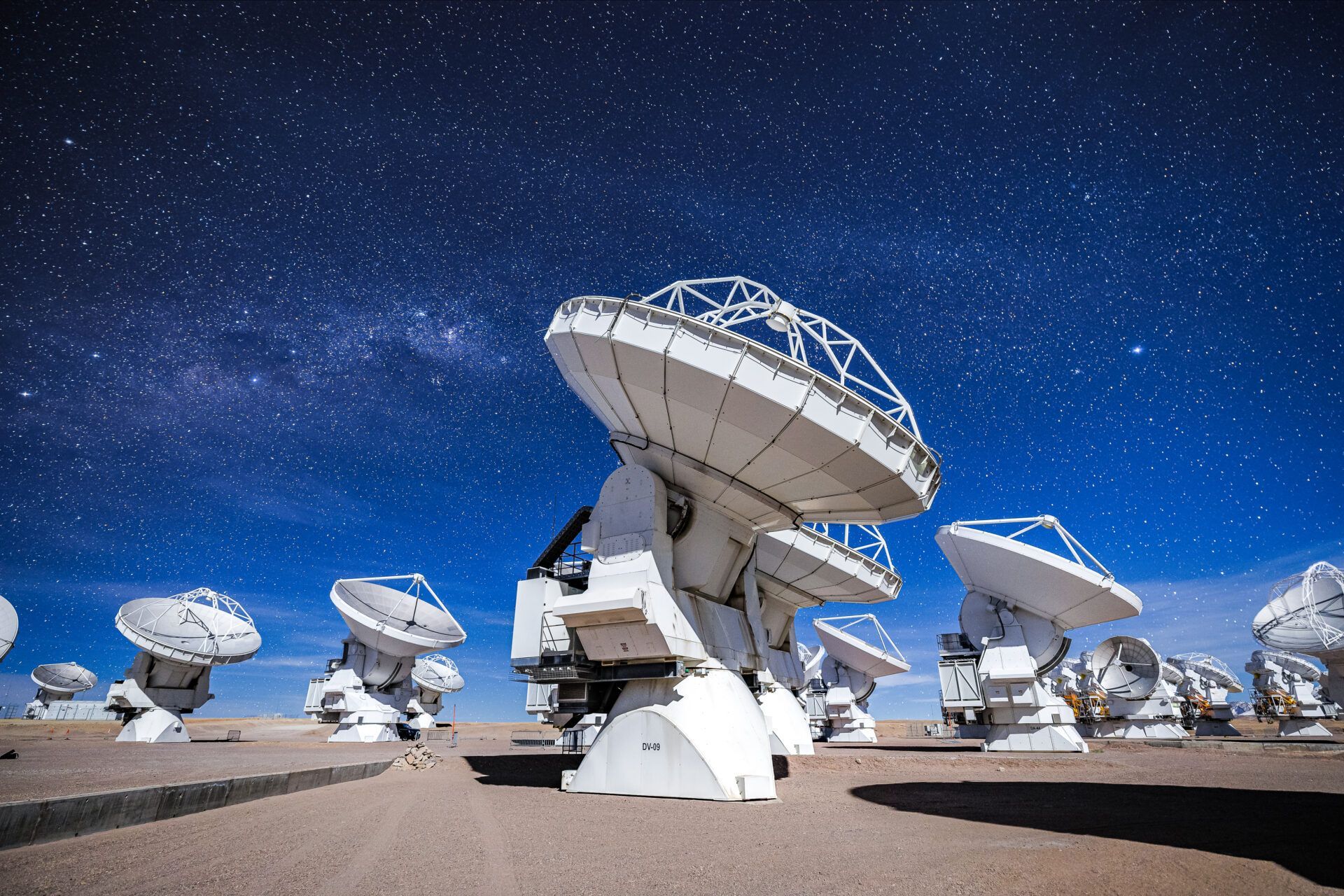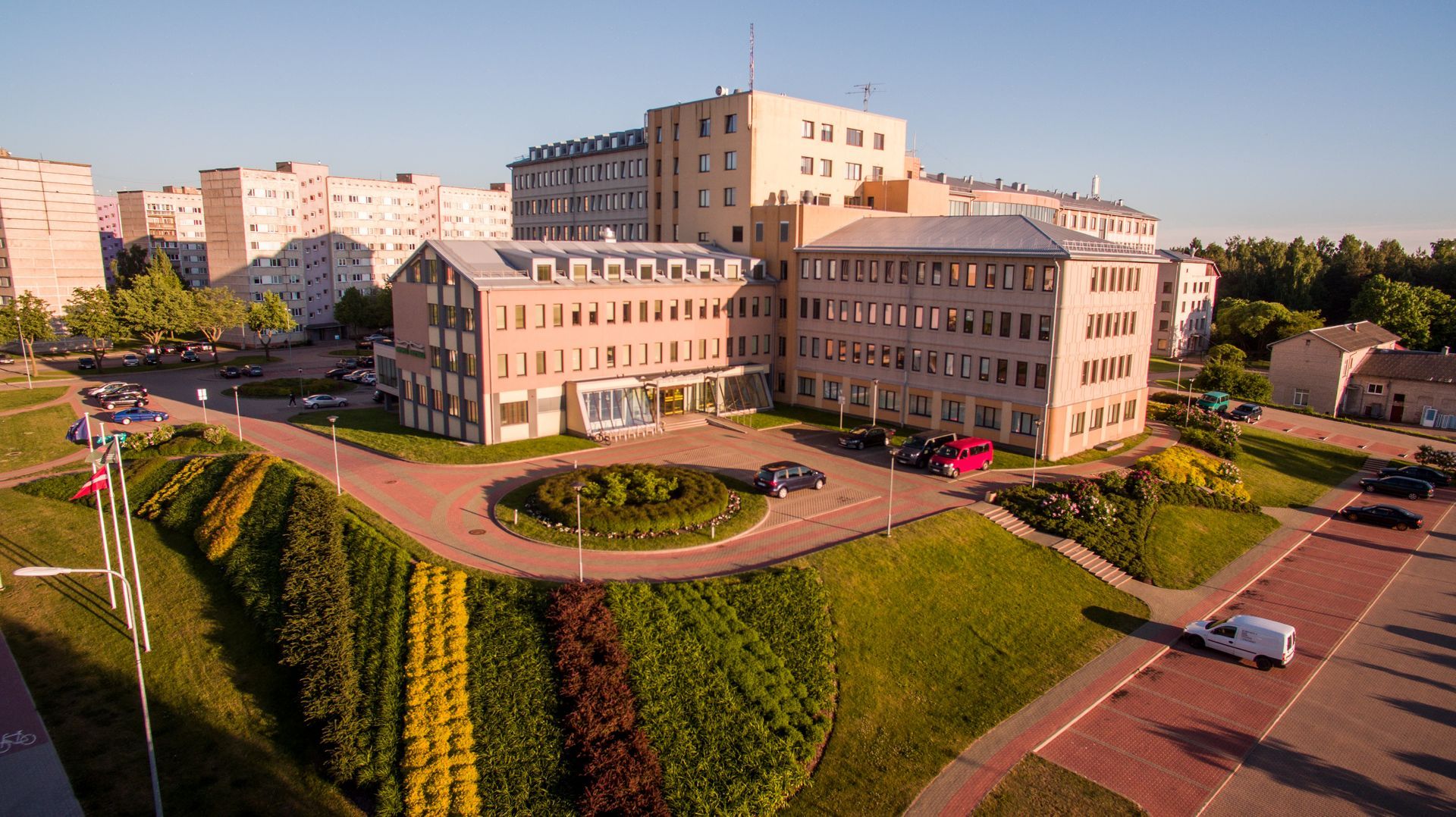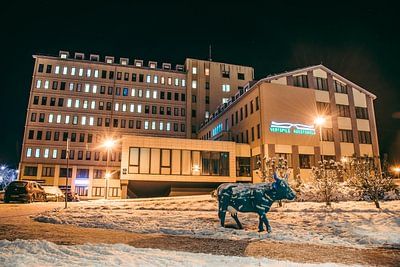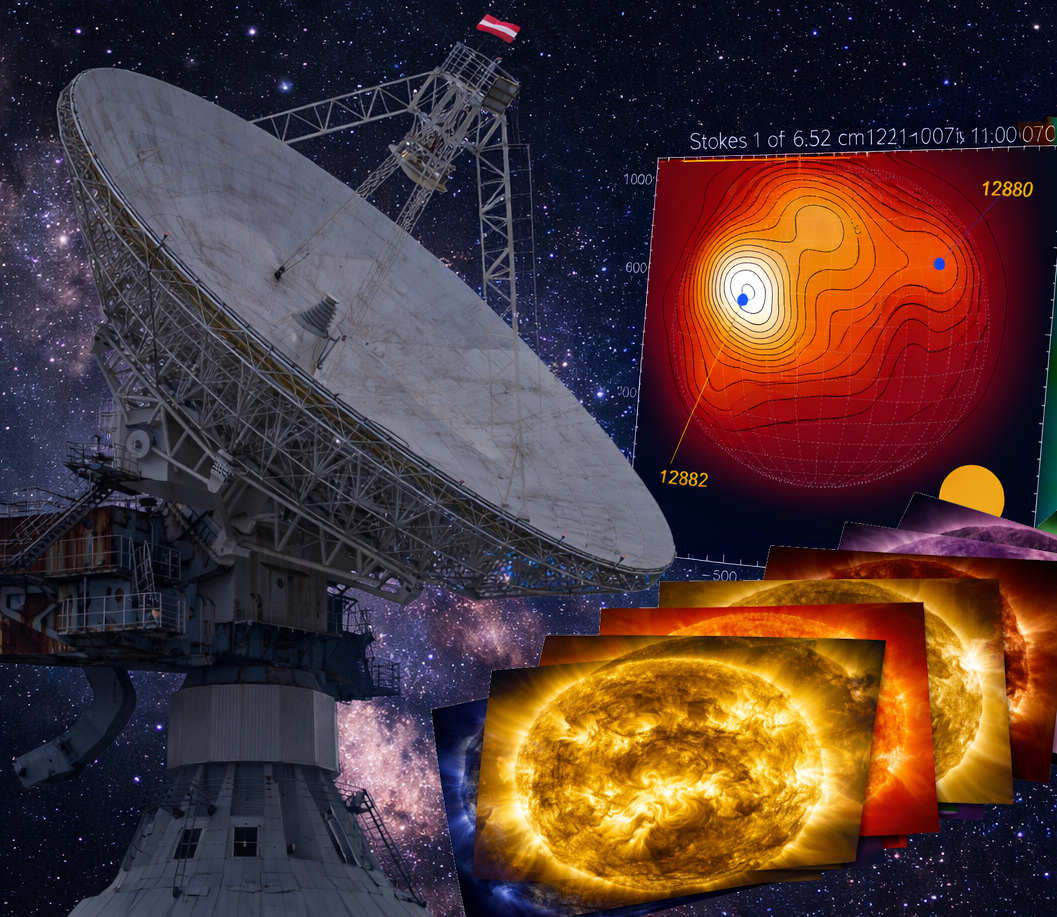Interview with linguist and guest lecturer Aiga Veckalne
On February 21, UNESCO’s International Mother Language Day was celebrated. Rebeka Miksone, a journalist for the newspaper “Ventas Balss”, invited Aiga Veckalne — a journalist, translator, editor, research assistant and guest lecturer at Ventspils University of Applied Sciences who was recently honored as the first recipient of the Language Prize in Latvia — to an interview.
What does the Language Prize mean to you?
It is both a great joy and honor, as well as a significant responsibility. I work consciously and purposefully in the field of language because I believe it is essential for the Latvian language to evolve, ensuring that people can express themselves in their native tongue.
This award serves as recognition for me that my work is, hopefully, truly valuable and beneficial.
Which of these professional roles — editor, translator, or tutor — demands the most in your daily life?
I am very pleased that, through both fortunate coincidences and purposeful effort, my life has unfolded in a way that everything I do is connected to language.
Some weeks, I am more of a translator and editor, working on book projects. At other times, I focus on conducting training sessions for companies, taking on the role of a communication coach and tutor. Fridays are my student days — those are the days when I also lecture.
At Ventspils University of Applied Sciences, I work as a research assistant and guest lecturer while also pursuing my doctorate. I teach master’s students courses on translation and terminology management, as well as social media communication. Additionally, I am a guest lecturer at Rīga Stradiņš University.
Daily, I create a lot of content for my social media project Pieturzīmes, which revolves around communication and language. This allows me to switch between my various professional roles quite seamlessly.
How would you evaluate Ventspils University of Applied Sciences in comparison to other higher education institutions offering language studies?
It would certainly have been easier to comment on this when I was serving as Vice-Rector for Studies at Ventspils University of Applied Sciences. Now, my opinion is more subjective.
In my view, Ventspils University of Applied Sciences holds a unique position in Latvia, as it is currently the only higher education institution offering such a wide range of programs in the field of translation. Both the bachelor’s and master’s degree programs in the translation are highly recognised.
The VUAS Master’s program “Translation and Terminology” is a part of the European Master’s in Translation (EMT) network, which is dedicated to excellence in translation studies. Being included in this network is a great honor and a recognition of the high-quality education provided at Ventspils University of Applied Sciences, as entering this prestigious network is no easy feat.
One of the university’s key strengths is its practical approach to education. Whether in information technology, economics, translation, or intercultural communication, all programs emphasize hands-on experience. Courses are taught by tutors with extensive professional backgrounds, many of whom are actively working in their respective industries. Additionally, students have excellent internship opportunities, allowing them to immediately apply their knowledge in real-world settings. Many graduates have gone on to establish successful businesses and become well-known professionals in their fields.
Of course, it is also worth mentioning the Ventspils International Radio Astronomy Centre, which is unique not only in Latvia but in the entire Baltic region. The research conducted across all university faculties deserves high praise, as projects involving Ventspils University of Applied Sciences researchers are highly applicable and contribute significantly to their respective fields. The university’s active engagement in international cooperation is another commendable aspect.
What are the biggest challenges facing Latvian language today?
Latvian has always been influenced by other languages. In the past, German and Russian were dominant; today, English plays a major role. On the one hand, this allows us to enrich our language with new words. As new realities emerge, we need ways to describe them, and often we look to other languages for terminology.
However, what concerns me is the tendency to automatically adopt English words — sometimes simply adding a Latvian ending — instead of seeking or using existing Latvian equivalents. This can lead to the unnecessary replacement of well-established words in our language. For example, we don’t need to say spektrs, notifikācijas, implementācija, or kredibilitāte when we have perfectly good Latvian alternatives. It’s about being mindful of our language and carefully considering our word choices.
Another concern is the influence of English on sentence structure. While borrowing words is a more visible and external layer of language change, shifts in sentence structure happen gradually and are harder to notice. Once this process begins, it is likely to continue shaping the future of Latvian. For example, in many languages, the expression of necessity differs from Latvian. Under foreign influence, we increasingly write “It is necessary to do...” instead of the more natural Latvian construction “Tas būtu jādara.”
Artificial intelligence and machine translation also present challenges, as they often produce literal translations that retain English sentence structures. Some linguists reassure me that this has always been the case — both German and Soviet-era Russian influenced Latvian syntax. Language is constantly evolving, regardless of whether we encourage or resist these changes. People sometimes ask me if this is good or bad, but that’s just how it is. Only time will show us the full picture.
As an observer, I enjoy watching how language evolves. However, we must also recognize that Latvian language is our responsibility. If we want it to thrive for another 100 or 200 years, we must actively use it in all areas of life, consciously choosing Latvian words instead of defaulting to anglicisms. Writing clearly and understandably is also crucial — not only for the language’s development but for ensuring it remains vibrant and rich. Latvian is an ancient and unique language, and we have every reason to be proud of it.
You talk a lot about simple language. As we know, expressing complex ideas in simple terms can be challenging. How can one develop this skill?
Yes, we often write in an unnecessarily complicated and verbose manner. This happens for several reasons. One is tradition — complexity was once seen as a sign of sophistication. This mindset still lingers in legal and bureaucratic language.
However, society is changing, and language cannot be viewed in isolation from these changes. A modern democratic state is meant to serve all its citizens, ensuring that everyone has the right to express themselves and access information. Yet, official communication often hinders people from exercising their rights because they simply do not understand what is written. This can lead to frustration and a sense of helplessness.
A striking example was the case of Gabriels Mutors, a young cancer patient whose family received a bureaucratic and impersonal response from the National Health Service. The reply made it feel as though he was nothing more than a statistic in an Excel spreadsheet. If we truly value respect, openness, and a willingness to help, then our written communication must reflect these principles. Otherwise, they remain empty words.
This is where simple language comes in — writing in a way that makes legal, administrative, and public texts clearer and more accessible. Another important concept is easy-to-read language, which is specifically designed for people with cognitive or developmental disabilities, visual impairments, or those who are still learning Latvian. A recent discussion about translating Surveyor’s Times (“Mērnieku laiki”) into simplified language sparked a debate about whether such efforts are necessary. In these discussions, we must remember the people who have long been excluded from access to information.
Inclusive language — language that avoids offense, prejudice, and discrimination — is also crucial in building a democratic and inclusive society where people feel respected, safe, and informed.
What are your thoughts on the emergence of new words in Latvian?
New words are constantly being created. In families with young children, it’s common for unique words to emerge, sometimes passed down through generations. This creativity is a natural part of language evolution.
Anyone can invent new words — even humorous ones. If we stop introducing new vocabulary, language growth will stagnate. Of course, only a fraction of new words make it into official databases and dictionaries. Professor Andrejs Veisbergs once noted that only about 10% of new words eventually become widely accepted. Many remain confined to literature, specific social groups, or family settings.
Do you see a problem in young people reading less printed literature and consuming more social media content?
I wouldn’t call it a problem — it’s simply a characteristic of the digital age. Every generation has had its own unique influences. However, what stands out today is the sheer scale of the change. Never before has Latvian been so overwhelmingly influenced by English. Many young people consume most of their content — whether reading, listening, or speaking — in English. Often, they even use English to express emotions they find difficult to articulate in Latvian. The emotional distance provided by English is interesting to observe.
English creates a certain emotional distance. We’ll see how this evolves over time. At the same time, young people are well aware of this distinction and know how to separate everyday slang and jargon from literary language — a point I’ve heard from several teachers. The findings of the new Latvian Language Agency study Youth Language in Latvia: Prestige, Skill, and Use of Latvian and English (2022–2024) further support this observation.
Which languages do you translate from?
I translate from English, Czech, and Slovak. My experience includes both popular science books such as James Nestor’s “Breath: The New Science of a Lost Art” and Matthew Walker’s “Why We Sleep” (2nd edition), as well as fiction.
I feel particularly connected to my translations from Slovak, such as Katarína Kucbelová’s “Čepiec” and Monika Kompaníková’s “Piata loď”.
Currently, I’m working on Jonathan Haidt’s book “The Anxious Generation”, which explores why Generation Z experiences such high levels of anxiety and depression — largely due to digital technology.
What brings you joy, even on difficult days?
I believe we should find reasons to smile every day. My passion for work is what motivates me — it’s a privilege to do something I truly love.
My family, friends, and meaningful conversations bring me joy. I also love traveling, reading, and constantly learning — curiosity keeps me moving forward.
Source: Newspaper “Ventas Balss”, February 21 edition
Share on other platforms
Other news







